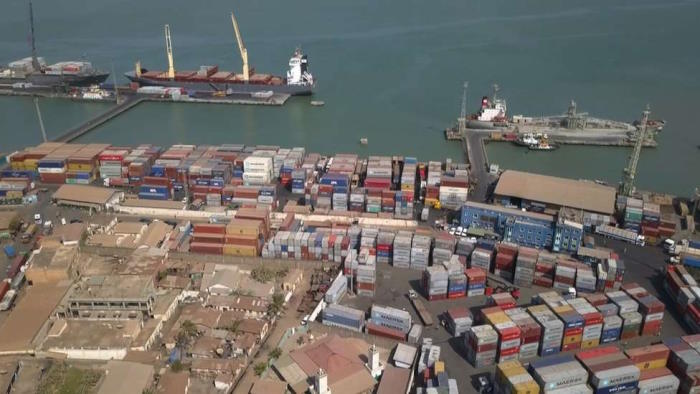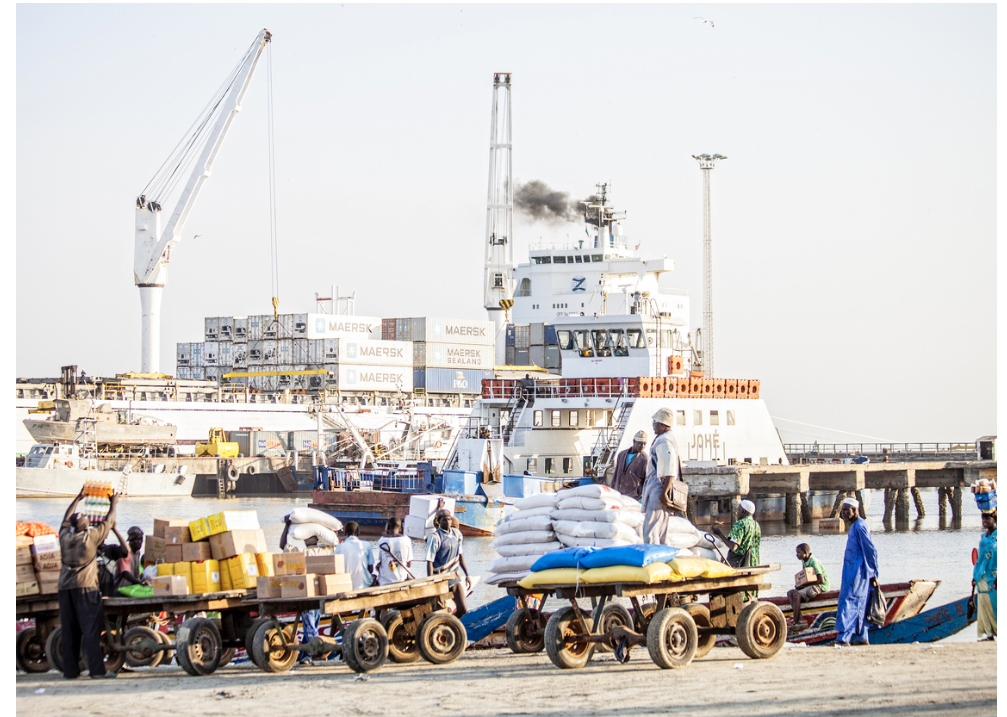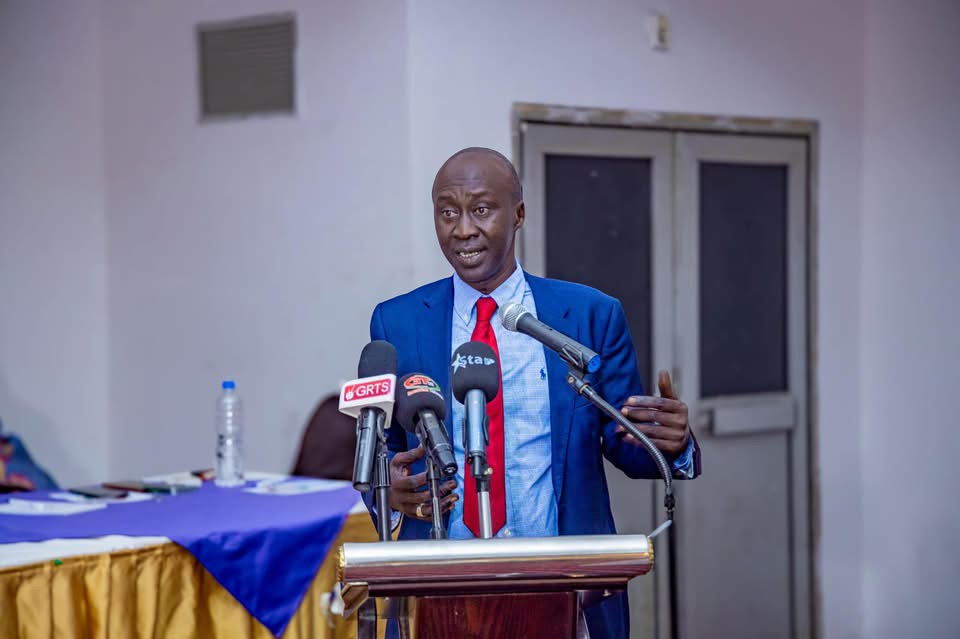
The Banjul seaport will be renamed as Alport for a period of 30 years after The Gambian government signed an expansion deal with a Turkish company, Albayrak.
Under the agreement, Albayrak will invest in, manage and hold an 80% share of the port during this period, while The Gambian government retains 20% of the concession agreement.
The name, derived from ‘Albayrak,’ as the main funders of the expansion project, aimed to enhance efficiency in the ports.
“It’s not only Gambia that’s doing this kind of project. Similar projects have been undertaken in Dakar and other countries like Uganda. We have reviewed Albayrak and found them to be very efficient because they are operating elsewhere, such as in Conakry,” Lamin Mbye, commissioner of operation said.

Despite concerns among some Gambians over the deal, The Gambia government through the The Ministry of Transport Works and Infrastructure defended the concession project to “foster efficiency in the port management and all other services within the port ecosystem.”
“It will also provide quicker delivery of goods and services, significantly improving the operational turnaround time of doing business at the Gambian port. The project is also expected to introduce cutting edge technologies from the very start for enhanced seamless operations at the Ports,” it said.
However, the expansion will involve the acquisition of private properties at Banjul Half-Die area, sparking concerns from their owners, including the Banjul mayor Rohey Lowe.
In response, Ousman Jobarteh, the managing director of Gambia Ports Authority, revealed that the process by which private properties were acquired for the ports expansion project in Half-Die was based on a Cabinet decision in 1993 for the exploration of the identified properties, which were negotiated on a willing-seller and willing-buyer basis.

Established in 1972, The Gambia Ports Authority is a key gateway to West Africa, serving a large hinterland that includes The Gambia, Mali, Guinea Bissau, and Guinea Conakry. The port is responsible for almost 90% of the country’s trade by volume and weight.
By Adama Makasuba










Recent Comments